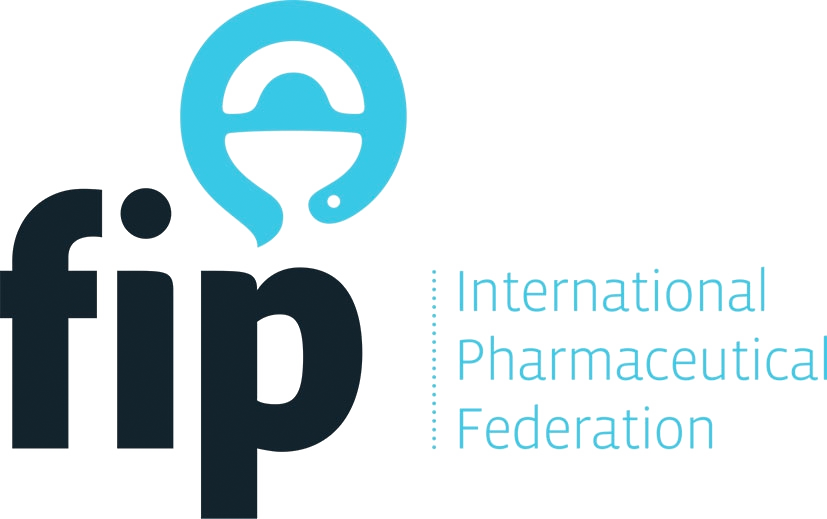I am speaking on behalf of World Medical Association, supported by the World Health Professions Alliance (WHPA), representing over 31 million nurses, pharmacists, physical therapists, dentists, and physicians in over 130 countries.
We recognize that to respond to the projected shortage in healthcare workers, many Member States will need to implement unregulated workforce programmes, such as Community-Based Workers (CBW). WHPA acknowledges the need for additional staffing and the advocacy role unregulated workers can play. However, a health care team consisting of regulated and unregulated workforces with different disciplines and skills is central to delivering quality health care.
Patient safety remains of paramount importance and should not be neglected in efforts to bridge gaps in the workforce.
We are encouraged by the Secretariat’s report which states (Clause 13) that CBWs should not be used as a cheaper replacement for regulated health professionals. The workforce should be educated in terms of the breadth and depth of knowledge needed to adequately respond to patient health needs. Regulated health professionals are bound by ethical frameworks and have a scope of practice designed around complex patient needs.
WHPA stresses the need for planning and monitoring in order to avoid creating fragmented systems that fail to meet the total needs of patients. Programmes need to be implemented in a strategic way that does not lead to a series of disconnected services but are able to scale effective evidence-based care and multidisciplinary models that include both health professionals and CBWs to improve access to affordable care and form part of UHC. Planning of services should include strategies to increase the motivation and progression of regulated health professionals and unregulated workers.
WHPA calls upon Member States to implement the WHO guidelines on health policy and system support to optimise the effective incorporation of unregulated workers into health systems.




